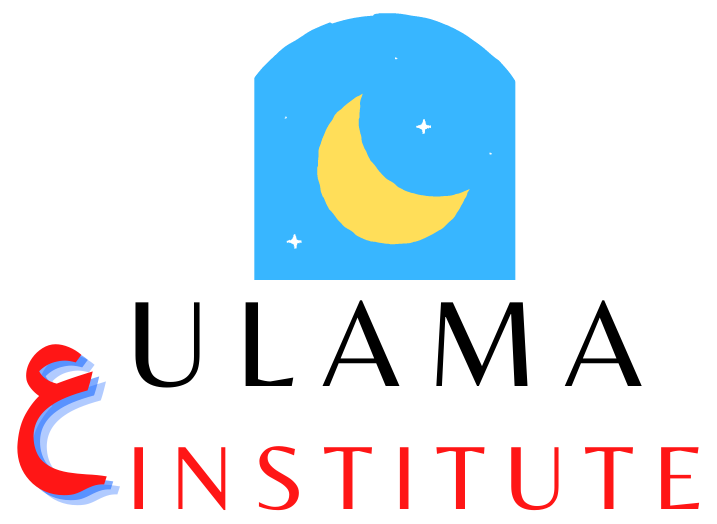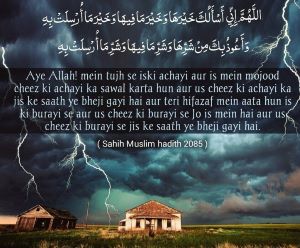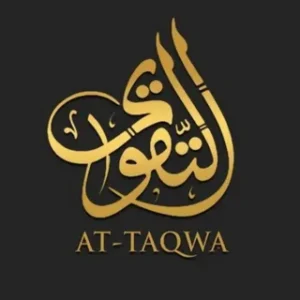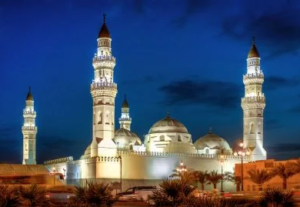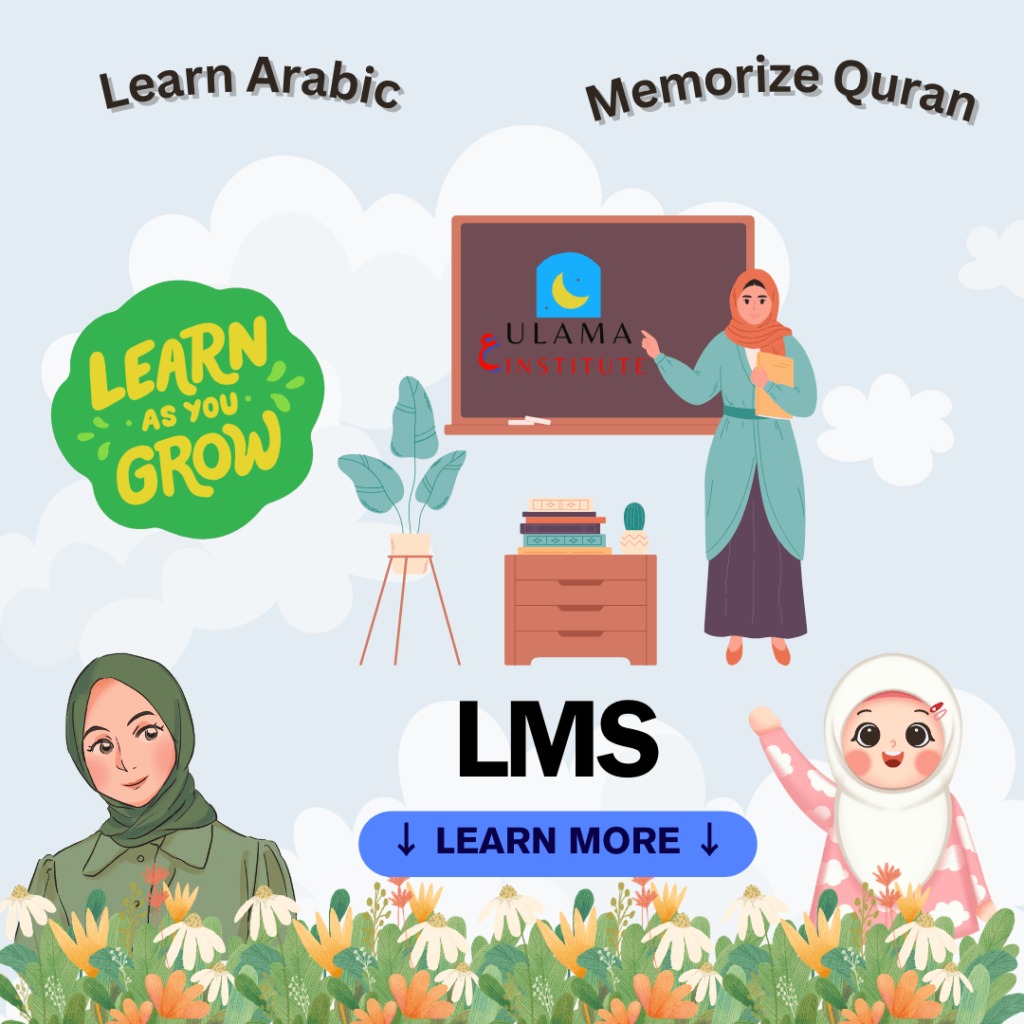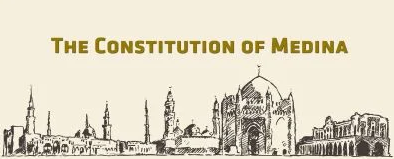
What was the ‘Constitution of Madeenah’?
Why was the constitution so important?
Ulama Institute #1
Looking to learn Arabic or memorize the Quran?
Check our Trusted Teachers

- At the time of the hijrah of the Prophet ﷺ , Madeenah was inhabited by three communities. They were the Muslims, the Jews, and those who worshipped idols. The Prophet ﷺ wanted to avoid all forms of fighting and conflict that Muslims experienced in Makkah. Therefore, he made an agreement with the other communities of Madeenah. This agreement was known as the ‘Constitution of Madeenah’ and was one of the most important achievements of the Prophet ﷺ . With it, the Muslims established friendly relations with their non-Muslim neighbors. and pre-Islamic racism and anti-Islamic traditions were not allowed to creep into the lives of the people of Madeenah.
The following points were included in the constitution:
- All three communities of Madeenah must unite against any criminal, rebel or hostile army.
- No Muslim can kill another Muslim in order to assist a non-Muslim, nor can he/she help a non-Muslim against a Muslim.
- It is not lawful for a believer to help a criminal nor protect him.
- Jews who become Muslim will be treated as any other Muslim.
- If someone kills a believer on purpose and without any reason, then he/she will be killed unless the family of the deceased decide otherwise.
- The constitution does not protect the unjust or the sinner.
- Allah ﷻ and His Prophet ﷺ will settle all disputes between any of the three communities.
- The constitution was so important, because all three communities agreed to it and signed it. Rules were established that would avoid all forms of disagreement. A system of cooperation and assistance was set up that helped preserve and protect all the communities of Madeenah. There were also specific points in the constitution that protected the Muslims, which was a major advantage. The constitution established the Prophet ﷺ as the leader of all three communities in Madeenah and thus meant that the other two communities could not dispute the legitimacy of the Muslim leadership. It also established the foundations for the first Muslim State.
- The Prophet ﷺ also wanted to include the people living in areas outside Madeenah. He approached many tribes with the intention of asking them to sign the constitution. Some tribes agreed. The result of this was that a buffer zone was set up around Madeenah and this gave the Muslims more protection from any hostile army.
- Once everyone understood the constitution, the Prophet ﷺ started to practise da’wah to non-Muslims. A lot of people accepted the call of the Prophet ﷺ and became Muslims, after which they shared all the rights of the Muslims. Many leaders of the non-Muslims also became Muslims. However, the people who did not embrace Islam lived in peace and harmony and were not harmed in any way. This showed the truthfulness of the Muslims and the fact that the constitution could not be challenged.
Tolerance in Islam
- One of the greatest lessons that can be learned from the ‘Constitution of Madeenah’ is the tolerance that Islam has for other religions. The Prophet ﷺ established a set of rules for the communities of Madeenah which allowed all of them to live together peacefully. No Muslim was allowed to attack a non- Muslim and vice versa. If ever a person did so, the Prophet ﷺ ensured that justice was done.
- The Prophet ﷺ allowed the Jews to continue with their worship. He also promised them that the Muslims would not interfere with them. Some Jews converted to Islam. Jews and Muslims lived together, but as separate nations. Both of them had their own way of life and both were in charge of their own finances.
- Non-Muslims were given the chance to live a secure life without any fear of being attacked or killed. They enjoyed full security and it is important to note that all this took place within a Muslim state.
Form more reading about this Subject check Ulama Institute Article : https://ulamainstitute.com/constitution-of-madeenah-peace-and-tolerance/
What we learn from the lesson:
- The ‘Constitution of Madeenah’ was one of the most important achievements of the Prophet ﷺ after hijrah.
- All three communities signed the constitution.
- The constitution showed the tolerance of Islam.
“Discussion:”
- What do you think life was like for non-Muslims immediately after the constitution was signed by all three communities
